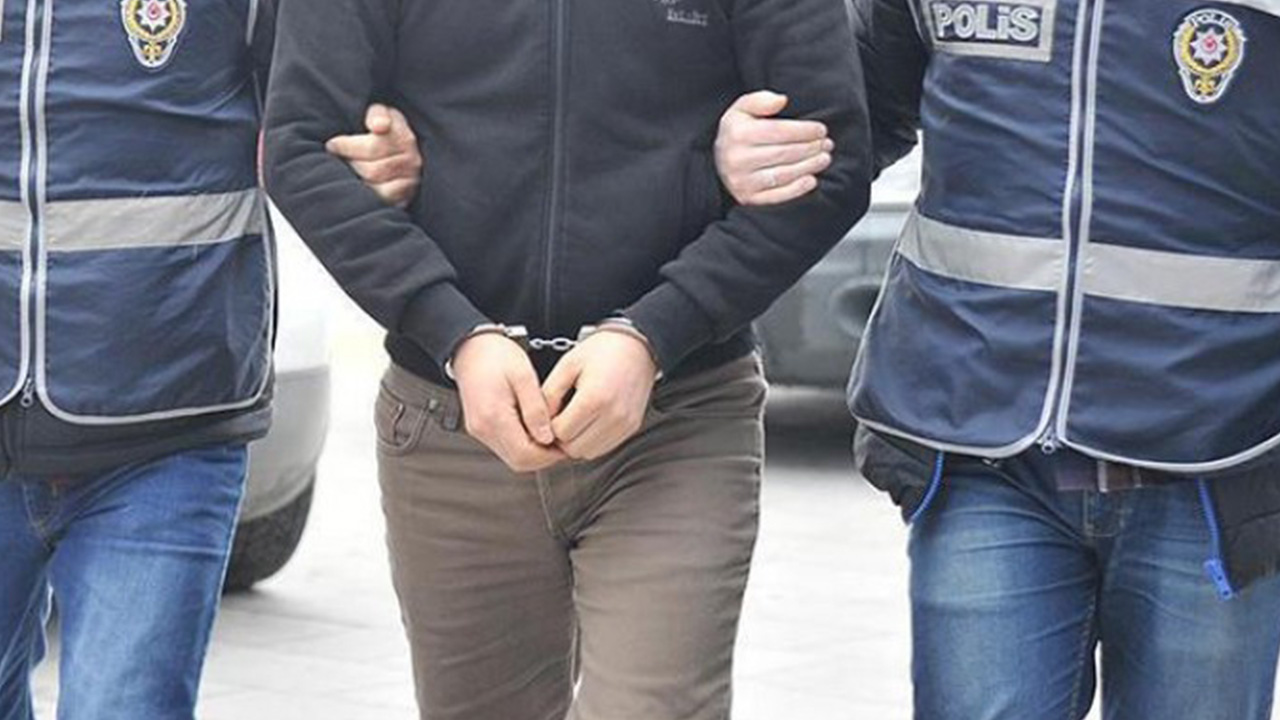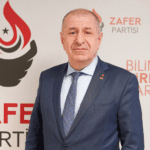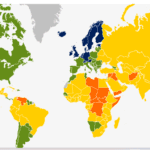Turkish authorities have detained 17 medical professionals in a series of coordinated raids across 10 provinces, accusing them of having ties to the faith-based Gülen movement. The detentions, reported by Turkish media, are part of the Turkish government’s broader efforts to root out individuals allegedly affiliated with the movement, which it considers a terrorist organization.
The arrests were carried out as part of an extensive investigation led by the İstanbul Chief Public Prosecutor’s Office. The inquiry specifically targeted physicians suspected of involvement with a Gülen-affiliated graduate study retreat, which reportedly assisted candidates in preparing for Turkey’s highly competitive medical specialization exam, known as TUS (Tıpta Uzmanlık Sınavı). Authorities claim that these programs served as recruitment hubs for the movement, reinforcing its presence in the healthcare sector.
The detained individuals face multiple accusations, including using payphones to communicate with senior members of the movement, depositing money in the now-defunct, Gülen-linked Bank Asya, and holding leadership positions within what authorities describe as a clandestine Gülen network within the military. Turkish prosecutors often use such evidence as grounds for terrorism-related charges, despite criticisms from human rights organizations regarding the lack of concrete proof in many cases.
President Recep Tayyip Erdoğan has led an aggressive campaign against the Gülen movement, which was founded by Turkish cleric Fethullah Gülen, since December 2013. At the time, a series of corruption investigations implicated Erdoğan, who was then prime minister, along with members of his family and close associates. Erdoğan dismissed these probes as a Gülenist plot against his government, branding the movement as a terrorist organization. The crackdown escalated further after the failed coup attempt of July 2016, which Erdoğan accused Gülen of orchestrating—an allegation the movement firmly denies.
A key aspect of the ongoing investigations into suspected Gülen members is the so-called “payphone investigations.” Prosecutors claim that individuals associated with the movement used public payphones to contact each other in an effort to evade surveillance. Based on this premise, law enforcement authorities argue that when a suspected member is identified in a payphone call log, other individuals who were called immediately before or after that person are also likely linked to the movement. However, there is no recorded content of these calls, meaning the prosecution relies solely on call sequences to establish alleged connections—an investigative method that has been widely criticized for its lack of direct evidence.
Following the failed coup attempt, the Turkish government imposed a state of emergency, which lasted for two years, and launched an unprecedented purge across state institutions under the pretext of combating terrorism. More than 130,000 public sector employees, including 4,156 judges and prosecutors, as well as over 24,000 members of the military, were summarily dismissed through emergency decree-laws. These measures bypassed both judicial and parliamentary oversight, leaving many with no legal recourse to appeal their dismissals.
The purge also extended to the healthcare sector, where more than 21,000 medical professionals—ranging from doctors and nurses to pharmacists—lost their jobs in both public and private institutions. Many were arrested, while others were subjected to travel bans or professional blacklisting, preventing them from continuing their medical careers in Turkey.
Since 2016, Turkish authorities have investigated more than 705,000 individuals on terrorism-related charges due to alleged links to the Gülen movement. Currently, at least 13,251 people remain behind bars, either in pretrial detention or serving prison sentences in connection with Gülen-related trials.
Beyond those who have been imprisoned, thousands of alleged Gülen movement followers have fled Turkey in fear of persecution. Many have sought asylum in Europe, North America, and other regions, while others have been forcibly returned to Turkey through international rendition operations carried out by Turkish intelligence.
The continued arrests and detentions signal that the Turkish government remains committed to its crackdown on the Gülen movement, nearly a decade after the initial corruption investigations that sparked Erdoğan’s pursuit of its members. Human rights organizations and international observers have repeatedly criticized these actions, calling for due process, fair trials, and the protection of fundamental rights for those accused under Turkey’s broad anti-terrorism laws.



